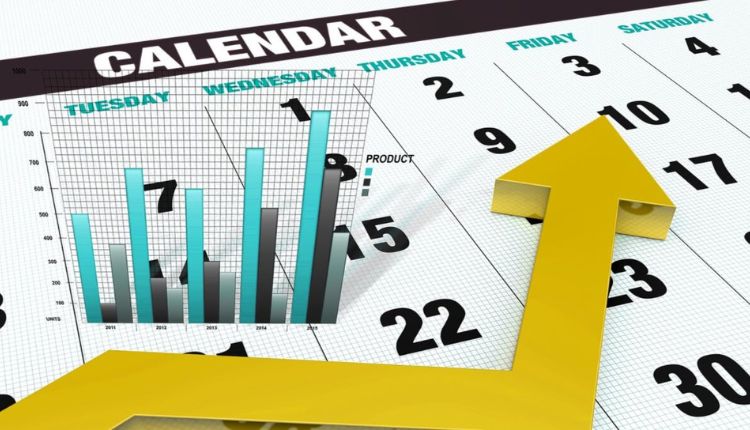Introduction:
In today’s fast-paced global economy, staying abreast of key economic events and indicators is essential for businesses, investors, and individuals alike. An economic calendar serves as a valuable tool, providing a snapshot of upcoming releases and events that can significantly impact financial markets and economic conditions. This article aims to present a comprehensive economic calendar, highlighting its significance and providing insights into how it can empower decision-makers to make informed choices.
I. Understanding The Economic Calendar:
The economic calendar is a chronological schedule of economic events, including data releases, policy decisions, and key announcements. It acts as a guide to anticipate market movements and understand the broader economic landscape. This section discusses the various types of events featured in an economic calendar, such as economic indicators, central bank meetings, and geopolitical events, and their significance in shaping market sentiment.
II. Major Economic Indicators:
Economic indicators are statistical data points that offer insights into the overall health and performance of an economy. This section delves into some of the most influential economic indicators, including GDP growth, inflation rates, employment figures, and consumer sentiment indices. By tracking these indicators through the economic calendar, decision-makers can assess economic trends and adjust their strategies accordingly.
III. Central Bank Meetings And Policy Decisions:
Central banks play a crucial role in shaping monetary policies and managing interest rates, impacting financial markets and economic conditions. This section explores the significance of central bank meetings and policy decisions, such as interest rate announcements and changes in quantitative easing measures. Understanding the timing and outcomes of these events through the economic calendar can help investors and businesses position themselves strategically.
IV. Geopolitical Events And Market Impacts:
Geopolitical events, such as trade disputes, political elections, and international conflicts, can have profound effects on global economies and financial markets. This section emphasizes the importance of tracking geopolitical events through the economic calendar and highlights their potential impacts on currencies, commodities, and stock markets. By anticipating such events, decision-makers can mitigate risks and identify opportunities.
V. Using The Economic Calendar To Inform Decision Making:
This section offers practical tips on how to leverage the economic calendar effectively. It discusses the importance of setting alerts for key events, analyzing historical data and market reactions, and combining the calendar with other fundamental and technical analysis tools. By incorporating the economic calendar into decision-making processes, individuals and organizations can make well-informed choices and optimize their financial outcomes.
Conclusion:
In an increasingly interconnected global economy, the economic calendar serves as an indispensable resource for decision-makers. By providing a comprehensive overview of upcoming economic events and indicators, it enables individuals, investors, and businesses to stay informed, anticipate market movements, and make informed choices. Incorporating the economic calendar into one’s decision-making processes can help navigate the economic landscape with confidence and precision.
FAQs:
- How often is the economic calendar updated? The economic calendar is updated regularly to reflect new data releases, policy decisions, and event announcements. It is recommended to check the calendar daily or set up alerts to stay informed about the latest developments.
- Can the economic calendar predict market movements accurately? While the economic calendar provides crucial information about upcoming events, it cannot guarantee precise predictions of market movements. Market reactions depend on various factors, including expectations, market sentiment, and other concurrent events. However, analyzing historical data and understanding the relationship between economic indicators and market behavior can assist in making more informed predictions.
In conclusion, the economic calendar serves as a vital tool for decision-makers, empowering them to navigate the economic landscape with confidence. By staying informed about key economic events, indicators, and policy decisions, individuals and organizations can make informed choices, mitigate risks, and identify opportunities. Regularly consulting the economic calendar and combining it with other analytical tools can enhance decision-making processes and contribute to achieving desired financial outcomes.

